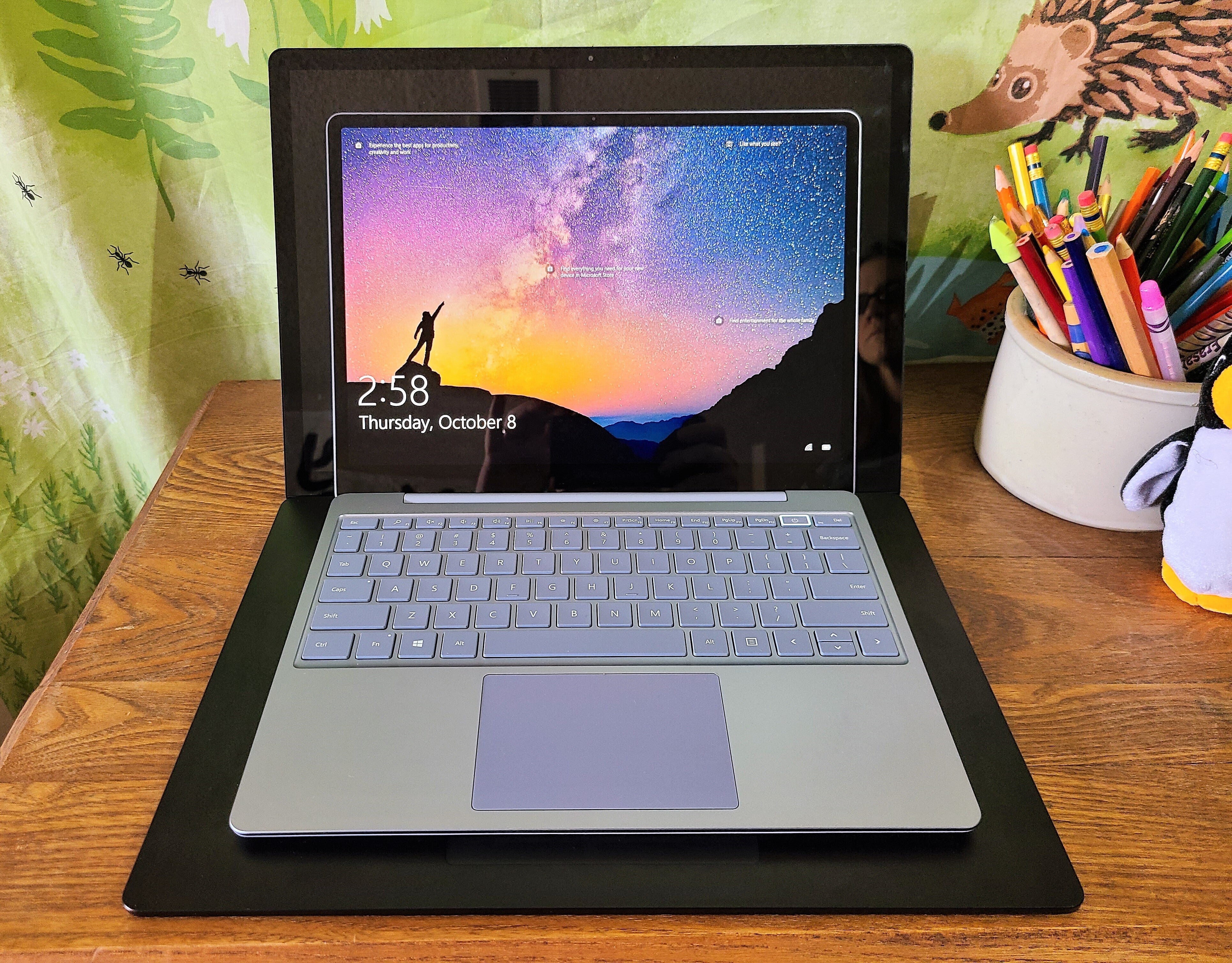

Heck, it's got early-stage Steam support, too, but don't expect much out of the gate.

For $699, they have the same exact power plant, same amount of RAM, yet double the storage, a straight-up better screen, and two USB-C ports. Part for part, though, Acer's Chromebook Spin 713 - Android Police's choicest Chrome OS machine last year - might be the best analog here. We've got a wide selection of Chromebooks we can suggest you pick up in general. Other Chromebook makers will outdo Microsoft on displays at lower prices (more in pure resolution, less so in brightness, but the standard of 400 nits don't lie). The processing demands of Chrome OS might not mind, but again, if you're all about spec sheet principles, the SLG2 wins out. The value propositions here aren't as bad as the ones Google offers with its Pixelbook Go series, especially considering that we're talking about 8th-gen Intel kit at generally higher prices ($649 up). If you absolutely need the capabilities or the UX familiarity of Windows, the premiums you're paying for here are the small size and sturdy build - a combination of aluminum and polycarbonate resin with glass fiber. The display seems to be the worst casualty on the spec sheet with a pixel density of 148 ppi and peak brightness of 330 nits, so even the $599 model doesn't sound too good for media consumption. If you're looking for smooth sailing on Adobe Creative Cloud or some casual Steam titles, you'll need to spend the extra $100 above base to get the 8GB of RAM. On its own, the Surface Laptop Go 2 presents a big dilemma with its configurations. USB-A, USB-C, 3.5mm audio, Surface Connect, fingerprint/power 11th Gen Intel Core i5-1135G7 w/ Iris Xe GPU


 0 kommentar(er)
0 kommentar(er)
